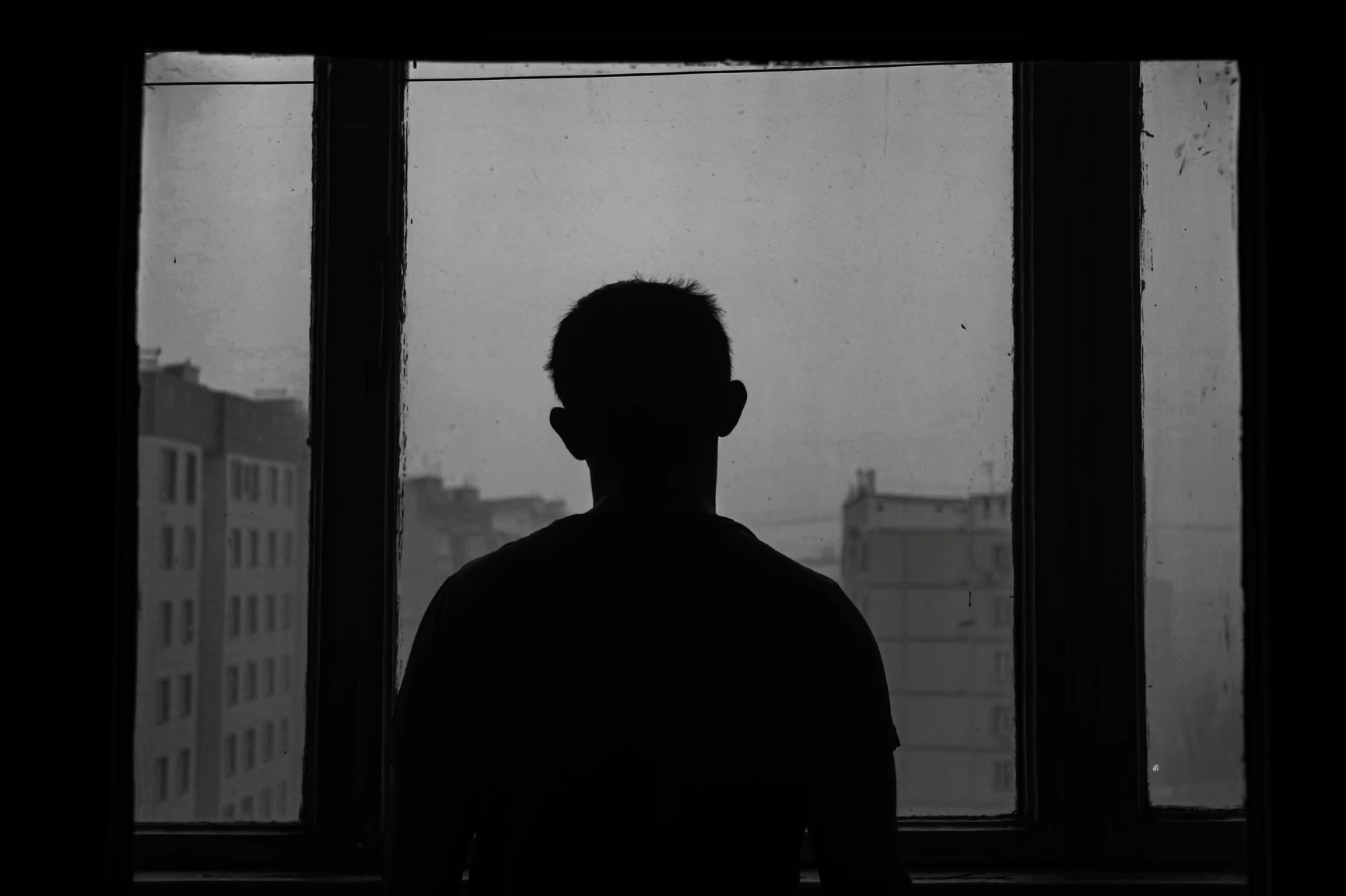Psilocybin Helps Treat Depression
by MADELINE FERGUSON
The World Health Organization estimates that around five percent of the population suffers from depression, and that doesn’t include all of the people who aren’t seeking help or reporting their symptoms. Researchers are always looking for innovative ways to help those suffering, and they recently had a breakthrough with psilocybin.
Psilocybin is the main hallucinogenic compound found in magic mushrooms. Research into psilocybin treatments for many ailments have been promising. The research advancements are helping to open the mainstream public’s eyes to the potential healing properties of these substances.
The most recent published study focuses on a unique way psilocybin could treat depression where antidepressants have failed. Prof David Nutt, author of the study, said the latest findings on psilocybin are "exciting" and "important".
The findings showed that psilocybin can help brains get unstuck from a depressive rut by helping people’s brains become more “flexible and fluid.” The study consisted of both brain scans and talk therapy. The brain scans showed increased connections among different parts of the brain following treatment using synthetic psilocybin. Those same changes were not present in brains of people treated with antidepressant medications. Nutt said this “confirms psilocybin could be a real alternative approach to depression treatments."
Studies of this nature are exciting for those who suffer from depression. Many treatments for depression don’t work for everyone, and some have side effects that just aren’t worth it to patients. With psilocybin treatment, it is not something taken every day like traditional medication. This study looked at both one and two doses spaced months apart. Many anecdotal evidence shows once is enough to get your mind unstuck, and, then, if patients feel stuck again, they can always have another treatment on an as-needed basis.
ADVERTISEMENT
The study told patients to seek the help of a medical professional, if looking to use this type of treatment. Self-medicating is not recommended by the researchers.
Robin Carhart-Harris, another study author, said, "We don't yet know how long the changes in brain activity seen with psilocybin therapy last, and we need to do more research to understand this… We do know that some people relapse, and it may be that after a while their brains revert to the rigid patterns of activity we see in depression."
The next step for these specific researchers involves learning more about why psilocybin therapies are so effective and how they can apply their effectiveness to other issues like PTSD and eating disorders.
Remember to always consult your physician before beginning any type of treatment. This article is intended for information purposes only and is not medical advice.
ADVERTISEMENT



